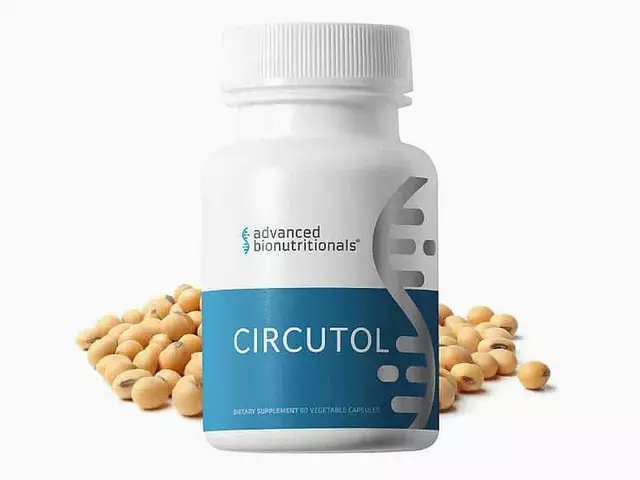Understanding Hypertension: What You Need to Know
Hypertension, or high blood pressure, is more common than you might think. It means the force of your blood pushing against your arteries is consistently too high. Left unchecked, it can lead to serious issues like heart disease or stroke. But here’s the good news: with some smart choices and the right treatment, you can keep it under control and feel better.
Why Managing Blood Pressure Matters
High blood pressure often shows no symptoms but quietly strains your heart and blood vessels. Imagine your heart having to pump harder all the time—that’s what happens with hypertension. This extra work can wear down your heart and cause damage over time. That’s why regular check-ups are key. Checking your numbers helps catch problems early before they turn serious.
Simple Steps to Tackle Hypertension
First off, think about your lifestyle. Eating less salt, quitting smoking, and staying active can make a huge difference. Even a modest weight loss lowers pressure on your arteries. Doctors often suggest medications if lifestyle changes don’t do enough. Whether it’s a diuretic, beta-blocker, or ACE inhibitor, these meds help your heart work easier.
Also, keep an eye on how you feel and stick with your treatment plan. Skipping meds or ignoring symptoms makes things riskier. Ask your doctor about affordable options or programs that could help you save on prescriptions—staying on track is worth it.
Remember, managing hypertension isn’t about quick fixes but steady habits and choices. Even small daily changes add up, boosting your heart’s health and extending your life. So, keep learning and take charge of your blood pressure—it’s your ticket to feeling your best every day.

Top Lasix Alternatives in 2024 for Effective Edema Management
- Date: 19 Oct 2024
- Categories:
- Author: David Griffiths
In 2024, there are several effective alternatives to Lasix for managing conditions like edema and hypertension. These alternatives include Torsemide, Bumetanide, Chlorthalidone, Spironolactone, Hydrochlorothiazide, and Metolazone. Each offers unique benefits, such as enhanced potency or potassium-sparing effects, while also requiring attention to potential side effects like electrolyte imbalance. Both healthcare providers and patients should evaluate these options considering specific health needs and conditions.




